3, February 2023
Yaoundé: Etoudi confirms arrest of Amougou Belinga 0
Taking stock of the investigation opened to shed light on the assassination of the famous presenter of the program “Embouteillages” on Amplitude FM in Yaoundé, Ferdinand Ngoh Ngoh, the Minister of State and Secretary General at the Presidency of the Republic has issued a press release making public the position of the 89-year President Biya.
Ngoh Ngoh revealed that some suspects of the murder of Martinez Zogo have been arrested “The hearings underway and the legal proceedings that will follow, will allow circumscribing the degree of involvement of some and others and establishing the identity of all persons involved in one way or another in the murder of Martinez Zogo” Ferdinand Ngoh Ngoh noted.
Cameroon Intelligence Report gathered that Amougou Belinga is one of the 22 suspects arrested by elements of the General Directorate for External Research.
“In this tragic circumstance, the Head of State wishes to pay tribute to the late journalist Martinez Zogo and reiterate his support to the entire profession,” said Ferdinand Ngoh Ngoh.
Minister Ngoh Ngoh added that the “Head of State reiterates to the family of the deceased his most saddened condolences and assures them of the compassion of the entire nation.”
Here is the Ferdinand Ngoh Ngoh communiqué
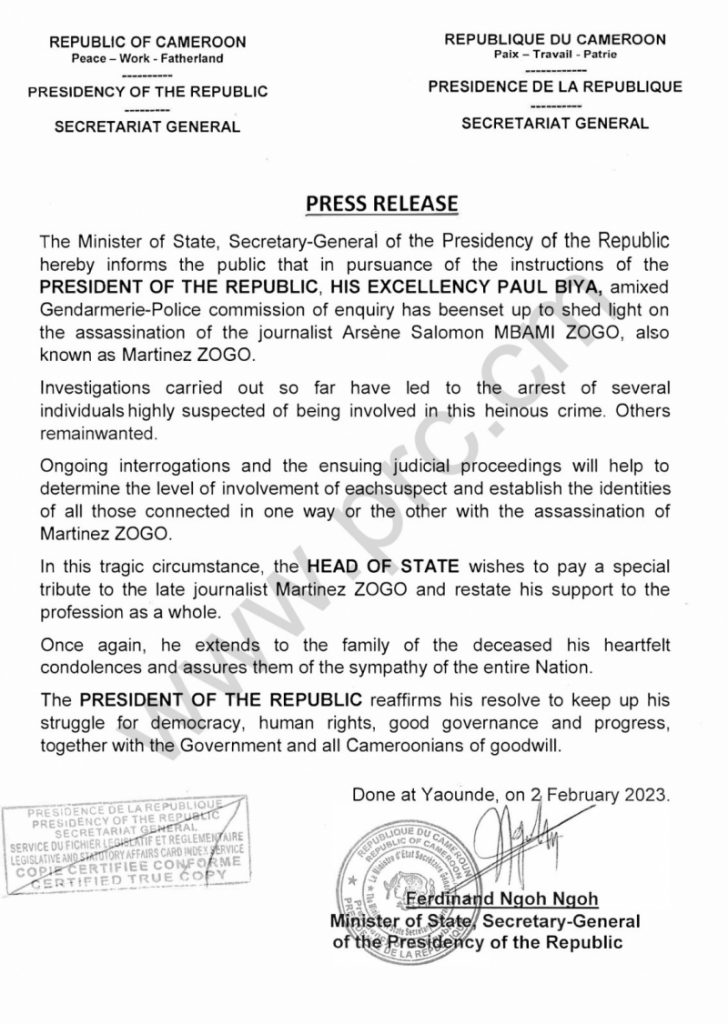
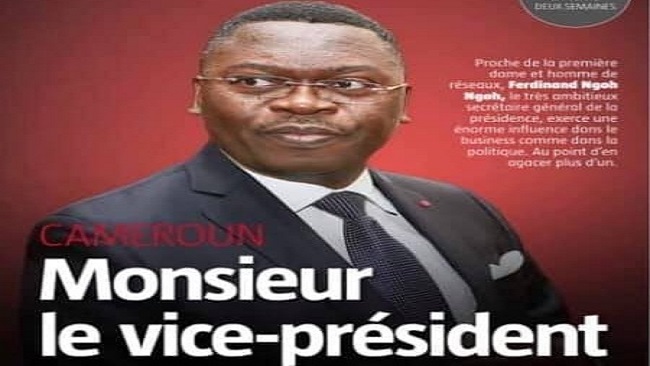
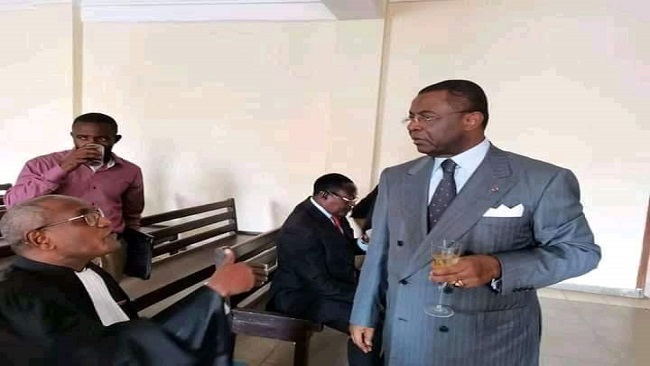
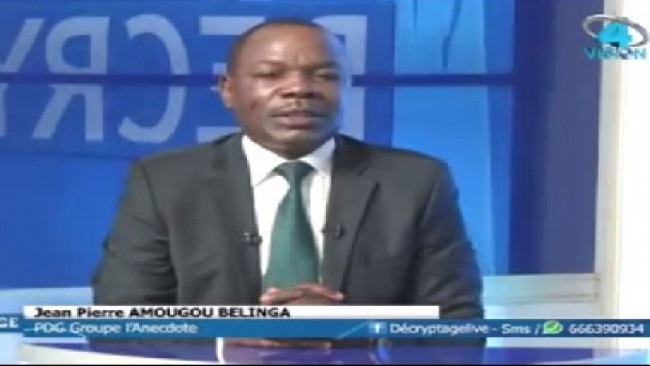
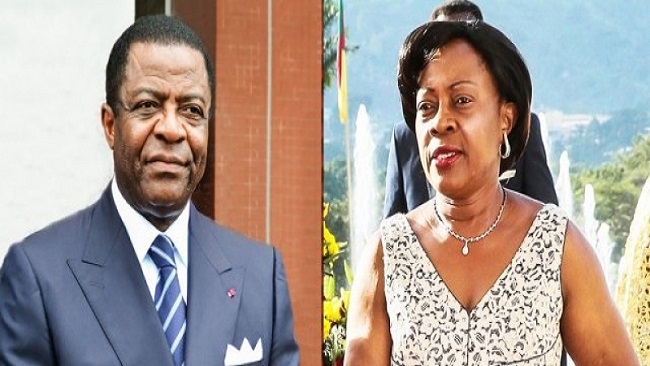
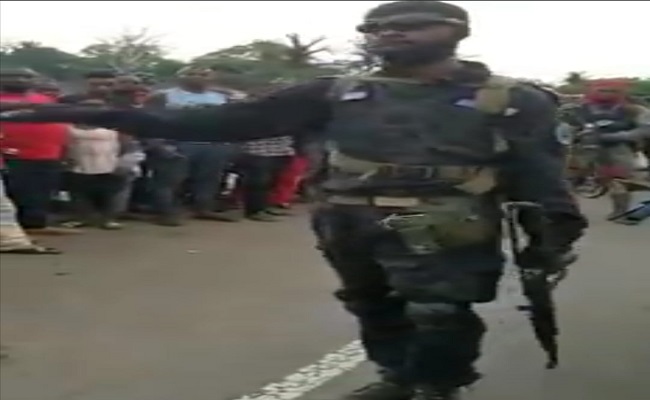
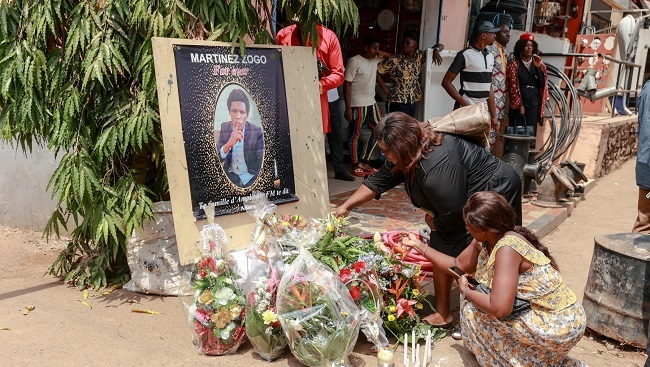
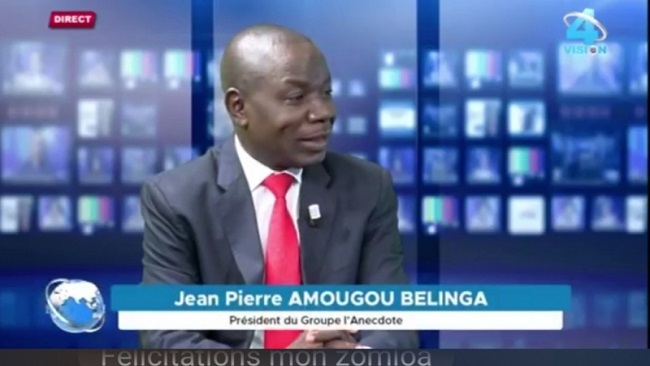
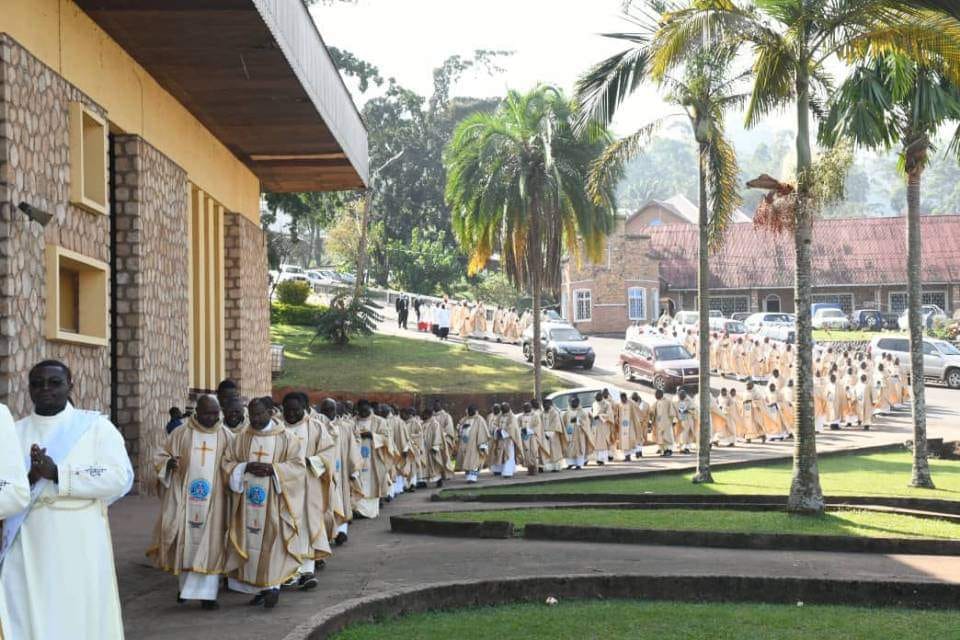
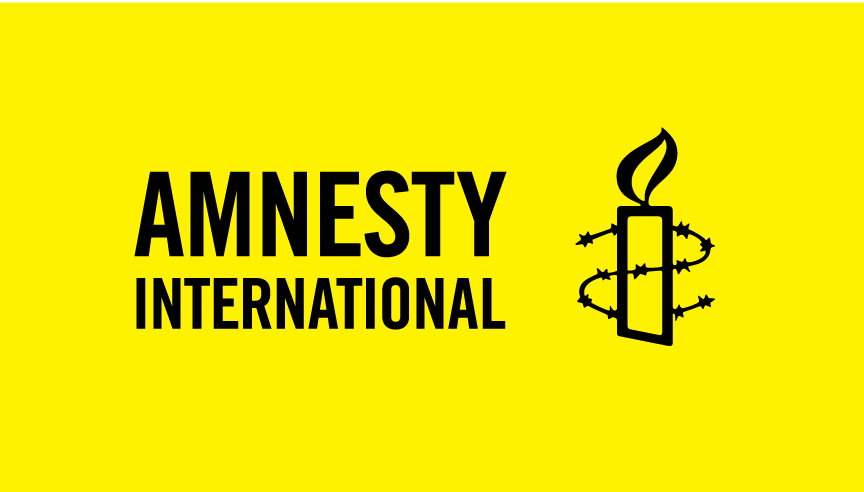


















3, February 2023
Martinez Zogo’s death: Amougou Belinga is already talking 0
Many people thought that it would be a tough job to find the killers of Martinez Zogo, but it is turning out that the criminals are already talking including Amougou Belinga.
The Vision 4 CEO is already staring down the barrel of defeat. He was picked up yesterday at 10pm in his palatial residence in the presence of his wives.
The very first people – Danwe and Eko Eko – who had been picked up and taken to SED had already spilled the beans and the blame is squarely on Amougou Belinga who commandeered the killing.
After picking up Martinez Zogo, he was taken to Amougou Belinga’s skyscraper where he met face to face with Amougou Belinga who unleashed his anger on the defenseless journalist.
Mr. Belinga delivered two violent kicks to the journalist’s mouth, destroying his teeth.
The plan was not to kill the journalist, but to teach him a bitter lesson. But when Martinez Zogo refused to apologize for all the allegations he had made against Amougou Belinga and Louis Paul Motaze, the decision was altered.
Amougou Belinga had made a wrong decision. He crossed the reddest of the red lines. He allowed his money and power to get into his head. He called Laurent Esso to update him on the situation and Mr. Esso’s opinion sealed Martinez Zogo’s fate.
Mr. Esso reminded Mr. Belinga that failure to end Paul Tchouta’s life caused him a lot of stress as Mr. Tchouta’s case is causing Mr. Esso his sleep. He has been scared that he could be arrested if identified but it is Mr. Zogo’s case that is really keeping Laurent Esso awake all night.
Amougou Belinga is talking, indeed, he is singing like a magpie and he has already implicated the justice minister and Atanga Nji.
Sources at SED are updating Cameroon Concord News Group and they say this case could take many people to jail as it has opened a huge can of worms.
Atanga Nji, the country’s territorial administration minister, is in the know of what happened and SED investigators who have already decoded Amougou Belinga are already seeking ways to bring in three ministers – Louis Paul Motaze, Paul Atanga Nji and Laurent Esso – all of whom have invested with Mr. Amougou Belinga.
A source at SED is quoted as saying that Amougou Belinga was simply running a crime syndicate which included many government officials and that was why Amougou Belinga felt he was above the law.
Another source who is a BIR official has told the Cameroon Concord News Group that the country has been transformed into a massive mafia and it will take decades to clean up the mess.
He decried the situation, stressing that if Cameroon had to come out of the moral decadence that has been created by Mr. Biya and his men, a new leadership would have to emerge as the country’s current leadership lacks the moral authority to steer the country out of the mess.
By Soter Tarh Agbaw-Ebai